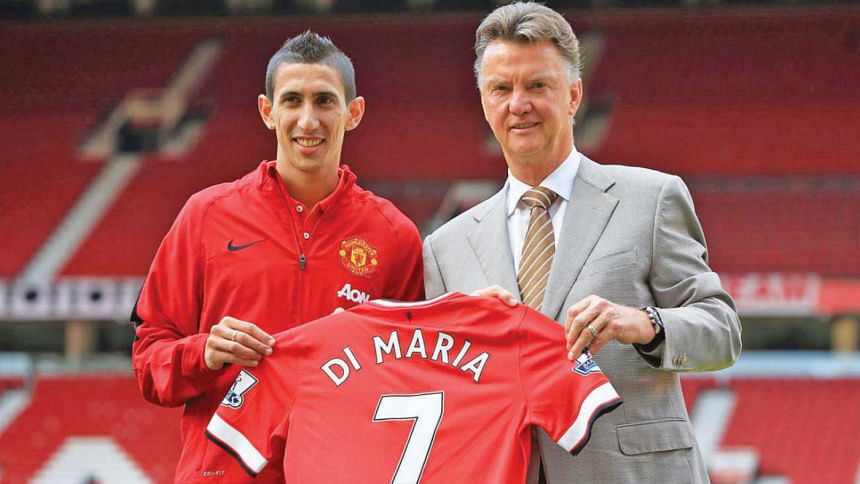WADING THROUGH THE PILE OF FILTH KNOWN AS TRANSFER RUMOURS

The season is almost over and the internet is exploding with transfer news, most of which is utter nonsense. This article will help you sieve through that and get to the real news, because if everything was to be believed, Alexis Sanchez has moved to about three clubs in England last summer.
You need to know how to separate the reliable news from the rubbish because it affects you. Every transfer season for a couple of years now, everyone is made to think their club is buying Marco Reus. That's probably because there are about a million tabloids in the UK and they often publish contradictory news. Friends make bets and challenge each other about whose club is about to buy Reus, and when he joins neither, both of them feel stupid; puzzled about what exactly went wrong. This process of getting befuddled and feeling stupid is what I like to call getting Daily Mirror-ed.
Be sceptical about believing tabloids. UK tabloids have a knack for publishing baseless news because they aren't overly concerned about their quality, as long as they can sell copies. And what sells copies is a story on the cover that the public are looking for. People want their clubs to get the best players and the tabloids play on that, giving the people what they want to read. They don't mind lying to achieve that and that is why, on their websites, you'll read articles with an overload of phrases like “from an undisclosed source,” “reliable sources tell,” “sources close to the player” or “we understand that”. These phrases sound like sources, but they aren't. They often fool people into a false sense of trust.

This brings me to my second bit of obvious advice, looking for sources. No matter where you find your news, a newspaper, tabloid or a social media site, it should always have a source. The name of a paper cannot be a source; sources exclusively mean quotes from people, who are willing to say their names, or a news release from the club, or anything remotely official. Without a source, the news becomes less credible than telling your friend in first grade that you have seen Pokémon wander around your yard.
Even among sources, there are some who are more reliable than others. Journalists with a big reputation, like Sky Sport's Guillem Balague, for instance, would invariably provide trustworthy news. If the source is a former player for a club with close ties to the team, or an agent, the news is more likely to be true. A good source has solid connections to the subject of the news. As a reader, you need to look for that connection.
Another important thing when trying to evaluate transfer rumours is common sense. Compare a club's means and necessities to the price tag and skill set of a player. If they are a mismatch, that's a deal that's probably not going to happen. Rivals usually don't sell to each other, like Liverpool and Manchester United, who haven't done transfer business with each other for more than half a century. You should know better than to believe such news straightaway.
Transfer rumours are fascinating. They can get you high on hopes and have you freefalling at a great speed in no time, and they get the chance to do that over and over again. Let's not let that happen to us ever again. Let's learn to recognise the real transfer news out there, and discard the 100 feet of rubbish beneath that.


 For all latest news, follow The Daily Star's Google News channel.
For all latest news, follow The Daily Star's Google News channel. 



Comments